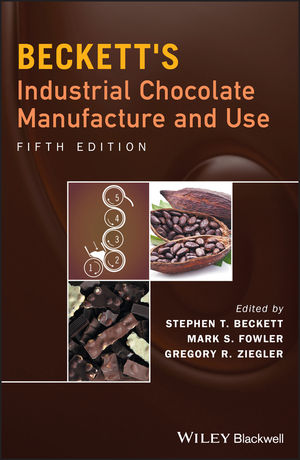New U.S./Mexico sugar agreement could be bad for candy makers
Sweetener users group deeply concerned about potential limitations to Mexico sugar imports.

If adopted, the agreement would suspend the antidumping and countervailing duty investigations of Mexican sugar imports.
The Sweetener Users Association (SUA), which has long called for reform to the U.S. sugar program, was not happy about the proposed agreement.
The U.S. sugar-program dates back to The Great Depression, and was originally set up to protect domestic sugar growers. It requires that about 85 percent of U.S. sugar be purchased from U.S. growers, which drives up the cost for the commodity, and by extension drives up costs for candy makers.
“If the draft agreements between the United States and Mexico are adopted, we can expect the same market uncertainty that is causing unduly high U.S. sugar prices now,” the SUA says. “That uncertainty will mean American consumers and U.S. sweetener users, including food and beverage manufacturers, will be forced to spend more for sugar.”
U.S. manufacturers have been able to get sugar from Mexico despite the strict U.S. sugar program because of the North American Free Trade Agreement. However, this proposed agreement would restrict imports from the country.
“While we are reviewing the details of the agreements to evaluate their full impact, at this stage we caution all parties and both governments to consider the ramifications of entering into a managed trade agreement on sugar,” SUA says.
In recent years, the U.S. has imported between 2 million tons and 2.1 million tons of sugar from Mexico.
“There has been free trade in sugar since early 2008,” SUA explains.” Entering into a managed trade agreement would not only set a bad precedent for our bilateral trade relationship, it would move America’s already protectionist sugar policy in the wrong direction, farther away from a free market approach.”
The SUA claims that the U.S. sugar program only remains because the U.S. sugar lobby is so strong.
“The U.S. sugar program, which the U.S. sugar lobby has engineered, is already characterized by tight government-imposed limits on both imported and domestic sugar supplies – distorting the market and leading to severe fluctuations in supply and price,” the association explains. “Contrary to the U.S. sugar producers’ claims, further restricting imports would be detrimental to the U.S. sugar-using industry, and ultimately all American consumers.”
Looking for a reprint of this article?
From high-res PDFs to custom plaques, order your copy today!








